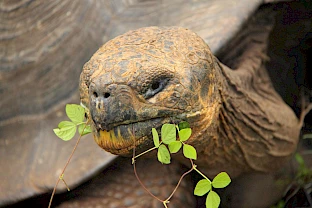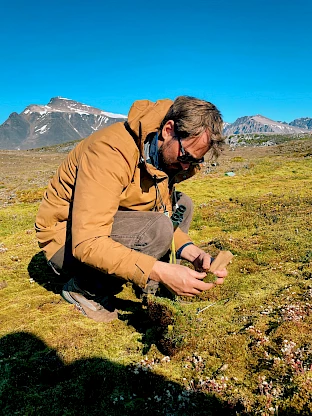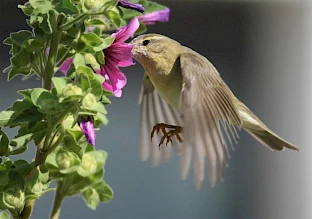Most issues in ecology fall squarely at the community level

Ecosystems are sustained by a myriad of interactions among co-occurring organisms. While ecologists have long been aware of this “entangled bank,” it is only recently that we have developed the tools to make sense of nature’s apparent complexity.
At the Community Ecology Lab, we use complex species interaction networks to evaluate the causes and consequences of disturbances—such as biological invasions, climate change, and defaunation—on key ecosystem services, including seed dispersal, pollination, and pest control.
These trophic and mutualistic networks offer a holistic perspective to explore the interplay between community composition, structure, function, and resilience. Oceanic islands, which host a disproportionate fraction of global biodiversity, are particularly vulnerable to stressors associated with global change. Due to their discrete boundaries and simplified communities, these "natural laboratories" provide invaluable opportunities to tackle ecological complexity and identify general principles governing colonization, community assembly, ecosystem functioning, and collapse.
Follow us on: instagram.com/communityecologylab/




